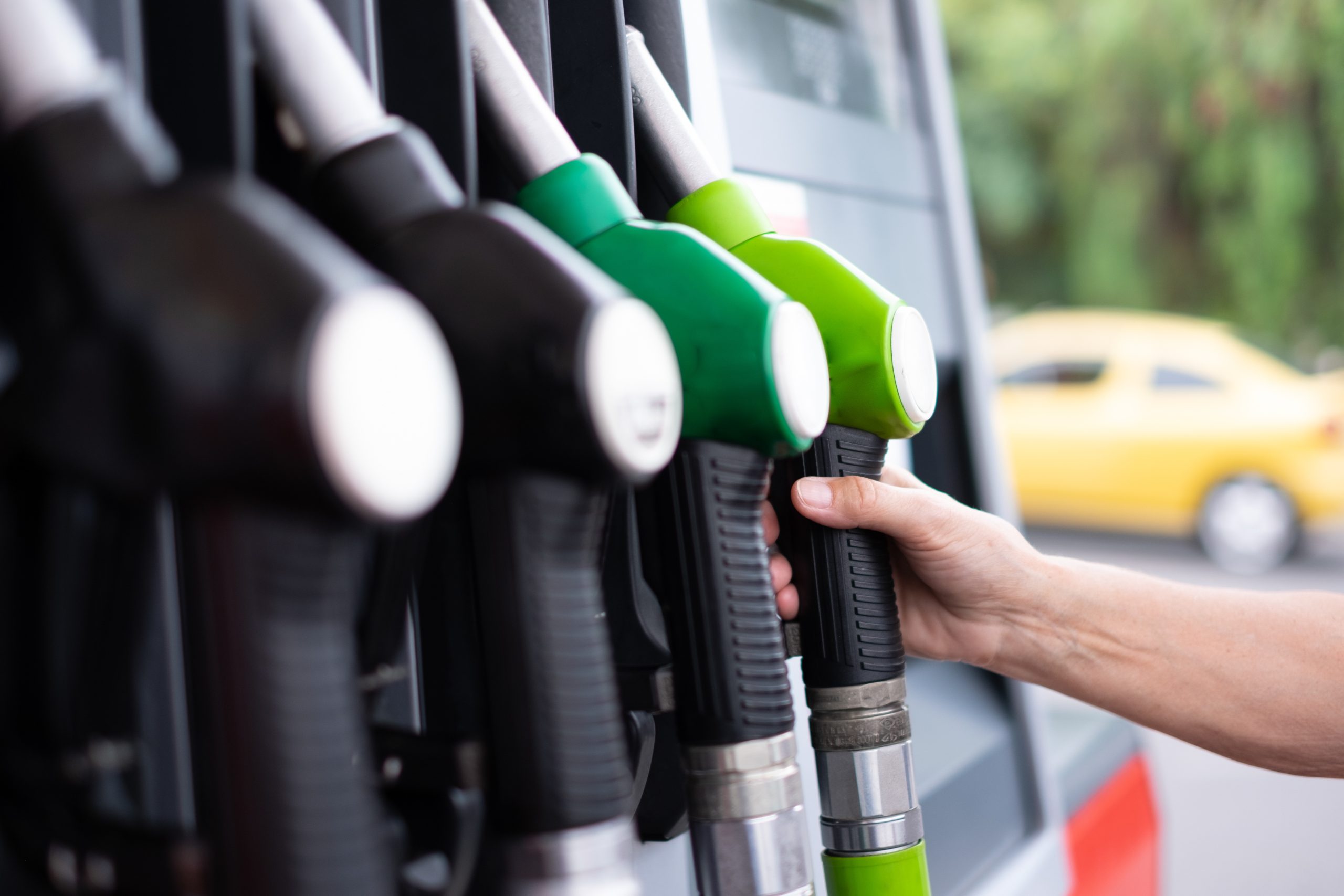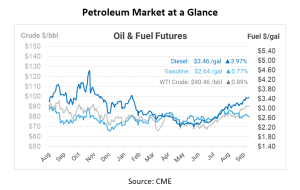
Fuel Quality Matters
If you’re like most fleets, your equipment represents a very large operational expense. Keeping those assets working smoothly for as long as possible is crucial for running a profitable business. These assets stand as significant commitments for organizations, both financially and operationally.
Improper fuel quality and tank maintenance can lead to expensive complications, operational downtime, and environmental hazards. Poor quality fuel, whether that’s off-spec fuel or fuel with heavy contamination from water or microbes, can cost you thousands of dollars in avoidable expenses.
Everything from vehicles and tanks to pumping systems and, of course, the fuel itself contribute to these expenses. Even a seemingly simple submersible pump replacement can cost a company more than a thousand dollars. Engine failure, injector replacements, frequent fuel filter changes, and vehicle downtime further compound these costs.
To keep diesel fleets operating at peak performance and avoid costly repairs, organizations should implement a Fuel Quality Program. This preventative program aims to enhance the operation of diesel storage facilities and diesel-fueled equipment. The program’s structure should be tailored to individual facility needs, considering the number of tanks, throughput volume, product type, tank system design, and facility location.
A successful fuel quality program should include four essential steps:
1 – Quarterly Fuel Quality Testing and Analysis
Regular testing and analysis of tank-bottom fuel samples can help you identify contamination issues related to sediment, water, and microbial growth. Monthly nozzle samples should be tested for water content (and cold flow operability in winter) to ensure year-round fuel operability.
2 – Tank Inspections and Equipment Maintenance
In-depth visual inspections of diesel storage tank facilities should be conducted regularly. Inspection frequencies may vary depending on facility conditions. These inspections should cover a range of components, including manways, vent caps, risers, containment sumps, spill buckets, equipment corrosion, monitor wells, and filters.
3 – Fuel Tank Cleaning and Fuel Polishing
The severity of tank contamination determines the level of cleaning required. Simple bottom sweeps can remove debris and water, while full tank cleaning restores tanks to nearly new conditions by filtering fuel and physically scrubbing the tank’s interior. Sites can also choose fuel polishing, where fuel is pumped out and run through a cleaning process to remove contaminants. The choice between these methods is determined through inspection and sampling.
A full tank cleaning should involve vacuuming heavy solids, removing viable fuel, filtering stored fuel, pressure washing compartments, diesel rinsing compartments, waste disposal, and changing dispenser filters if necessary.
4 – High-Performance Diesel Additives
High-performance diesel additives will maintain superior fuel quality and operational efficiency. These additives keep tanks clean, prevent microbial growth, remove entrained water, prevent filter blockage, eliminate injector deposits, ensure winter operability, and optimize engine performance. While diesel additives cannot improve fuel efficiency on their own, they can clean the engine and restore its efficiency – some fleets see up to a 3%-5% improvement from this process.
Innovative Fuel Quality Solutions
Keeping fuel and fueling systems clean and efficient protects the environment from contamination, prevents costly equipment downtime, restores fuel economy, and reduces maintenance costs. Implementing a robust Fuel Quality Program can significantly minimize operational headaches and lower the overall cost of fuel.
Mansfield Energy offers a wide range of services and products to ensure your fleet gets high-quality fuel. This helps your equipment last longer and work better. To help you with this, Mansfield offers a free consultation where experts check your fleet’s needs and goals. Then, they recommend a customized Fuel Quality Program to improve fuel quality. This helps protect your investments and make your operations run smoother. Contact us today!’

This article is part of Additives
Tagged: additives, Diesel Additives, FS&S, Fuel Quality
MARKET CONDITION REPORT - DISCLAIMER
The information contained herein is derived from sources believed to be reliable; however, this information is not guaranteed as to its accuracy or completeness. Furthermore, no responsibility is assumed for use of this material and no express or implied warranties or guarantees are made. This material and any view or comment expressed herein are provided for informational purposes only and should not be construed in any way as an inducement or recommendation to buy or sell products, commodity futures or options contracts.





